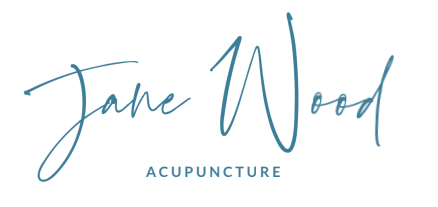Is traditional acupuncture right for me?
Many people use acupuncture for help with specific symptoms or conditions. Others choose acupuncture as a preventive measure to strengthen their constitution or because they just feel generally unwell. Acupuncture is considered suitable for all ages including the elderly. It can be very effective when integrated with conventional medicine.
Acupuncture can help a wide range of conditions. The British Acupuncture Council (BAcC) have research fact sheets to help you find out how acupuncture can help you. You can find them here.
What does acupuncture feel like?
Patients often describe the needle sensation as a tingling or dull ache and most people find acupuncture to be very relaxing.
How many sessions will I need?
That depends on your individual condition. At first your acupuncturist will normally ask to see you once or twice a week. You may start to feel benefits after the first or second treatment although long-standing and chronic conditions usually need more time to improve. Once your health has stabilised you may need top-up treatments every few weeks. Traditional acupuncture is also very effective when used as preventive healthcare and many people like to go for 'retuning' sessions throughout the year.
I'm scared of needles - can I have acupuncture?
Yes. Acupuncture needles are much finer than the needles used for injections and blood tests. You may not even feel them penetrate the skin and once in place they are hardly noticeable.
What should I do before a treatment?
Please eat something before your treatment but try not to have a large meal within an hour of your appointment as the process of digestion will alter the pattern of your pulse, and you may need to lie on your stomach. You should also avoid alcohol and food or drink that colours your tongue such as coffee or strong tea. It is a good idea to wear loose-fitting clothes so that the acupuncture points, especially those on your lower limbs, are easily accessible.
How will I feel after treatment?
You are likely to feel relaxed and calm. You may feel tired or drowsy and it is worth bearing this in mind if you plan to drive or use any other machinery soon afterwards.
Are there any side effects?
Acupuncture has virtually no unpleasant side effects. Any that do occur are mild and self-correcting. Occasionally there may be minor bruising at the needle point or a short-term flare-up of your symptoms as your body adjusts to treatment.
Should I tell my doctor that I'm having acupuncture?
If you are currently receiving treatment from your doctor it is sensible to mention that you plan to have acupuncture. I will also need to know about any medication you are taking as this may affect your response to the acupuncture treatment.
Should I still take prescription medicine while I'm having acupuncture?
Yes. The acupuncture treatment may enable you to reduce or even stop taking some forms of medication but you should always consult your doctor regarding any change of prescription. DO NOT stop taking medication without his or her guidance.
Will my private medical insurance pay for acupuncture?
Many private health insurance companies offer cover for traditional acupuncture. Often this is dependent on the practitioner being a member of a professional body such as the British Acupuncture Association. You should check your individual policy details.

